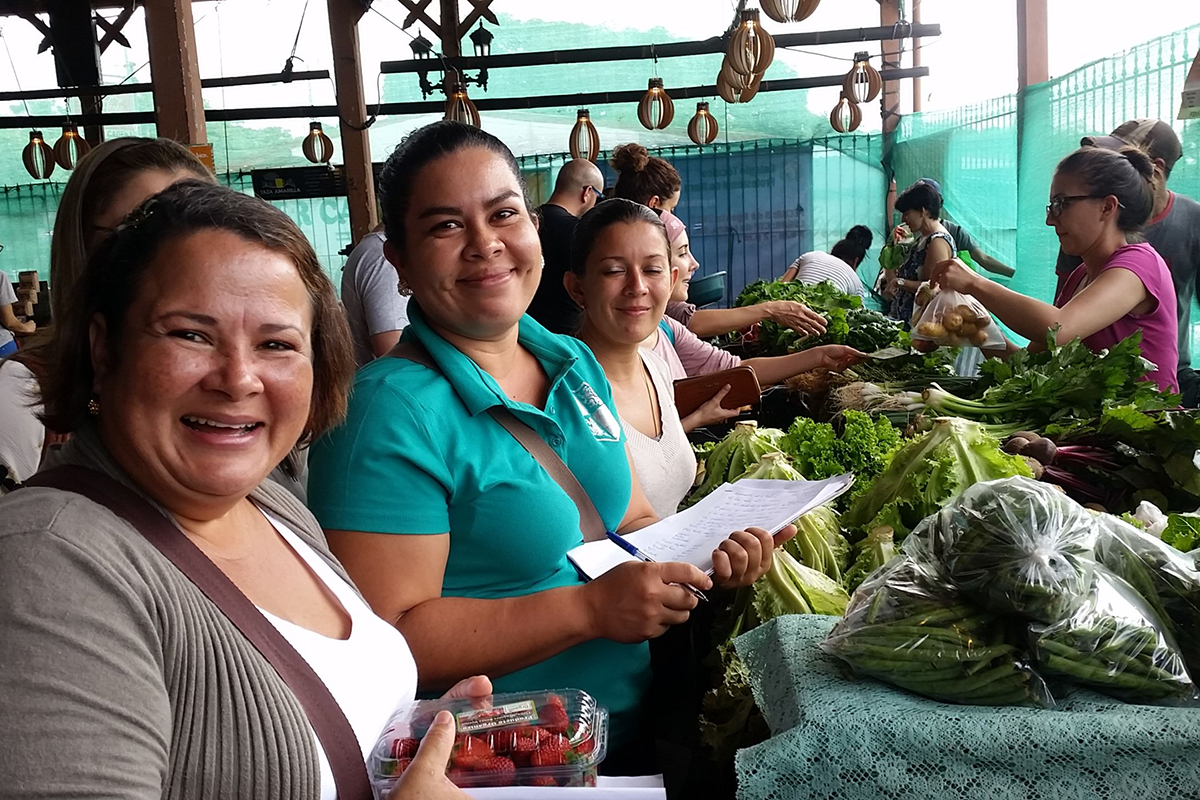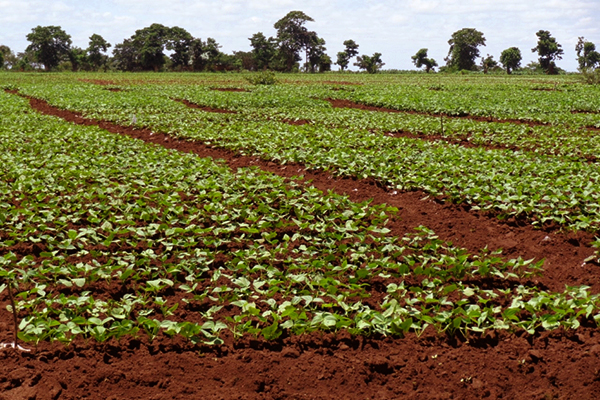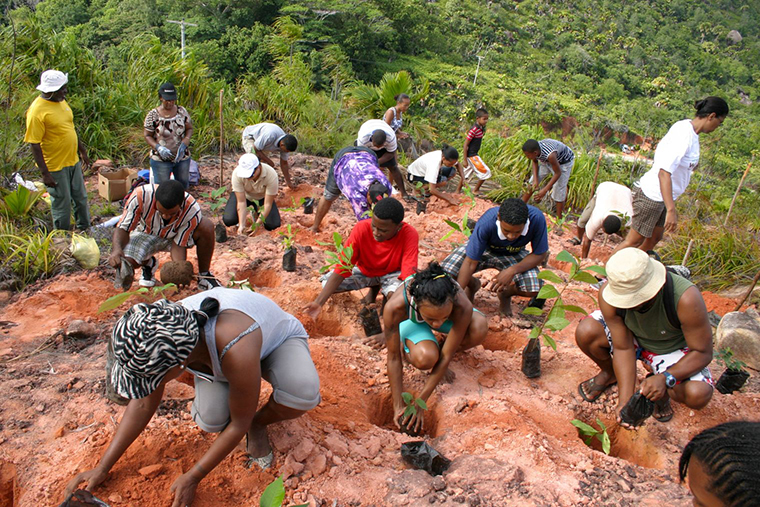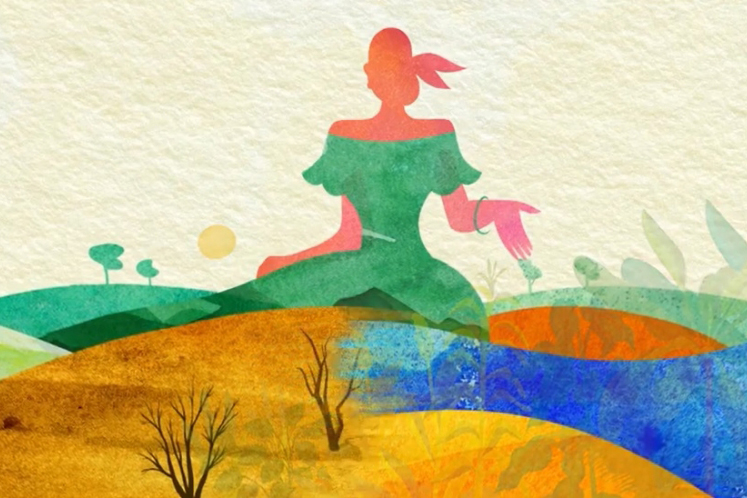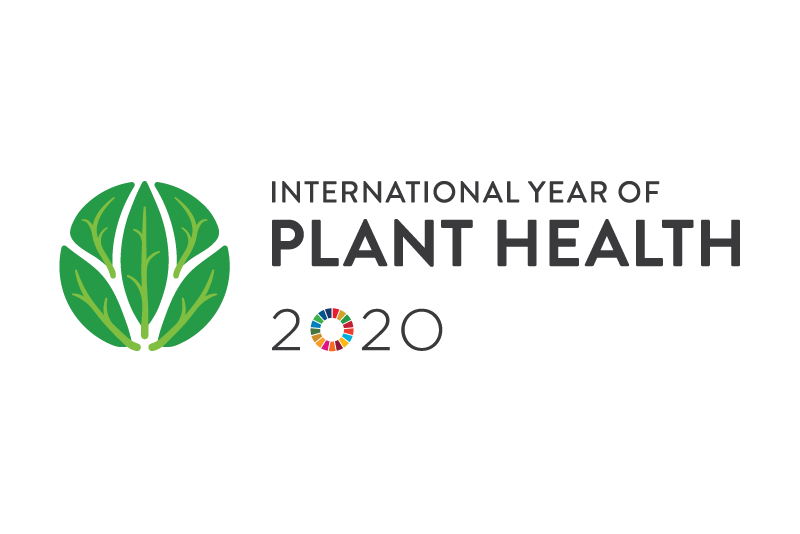This FAO animation gives a brief introduction on the main drivers, the key functions and challenges of soil biodiversity loss, indicating possible ways to enhance soil biodiversity as a nature-b
Land, Plants, and Soil
To take decisions, we need information – especially when we are trying to solve complex problems. Forests are home to most of the earth’s biodiversity, and they supply us with water, livelihoods and food. Reducing deforestation and managing the world’s forest resources sustainably is among the biggest challenges of our time. Just like the simple decisions we make every day, information is needed to make us aware of what is at stake and help us solve the problem. FAO provides countries with technical support and innovative tools to help them gather the data they need to monitor and protect their forests.
Improving the health of Southeast Asia’s largest lake
When we go about our daily routines, most of us are unaware that beneath our feet lies an outstandingly diverse community of plants, animals and microbes that makes up our soils. Soils are more than just “dirt” - they’re a major reservoir of global biodiversity, supporting agriculture and food security, regulating greenhouse gas emissions and promoting plant, animal and human health. Without them our world wouldn’t be the same.
To promote #PlantHealth among younger generations on the occasion of the International Year of Plnat Health, this video shows how plants sustain life on Earth, and what children can d
Two farmers in Ethiopia share their story on how looking after the land strengthens communities and helps biodiversity.
Population increases, higher food demand, and changing land use degrade around 33 percent of global soils. FAO looks for innovative solutions to ensure we can protect them.
Nature is our best defence: Taking climate action and fighting fires in the Seychelles
The air we breathe, the water we drink and the food we eat all rely on biodiversity. It is fundamental we produce food in a way that preserves the environment. FAO has a long history of fostering sustainable agricultural development and the sustainable use of biodiversity for food and agriculture to pursue its goal of ending poverty and hunger.
Plants make up 80% of the food we eat. And production must increase by 2050 to feed a growing population. To protect plant health, governments must take 5 actions.
We can all support plant health by: reducing our environmental impact, cutting waste and polluting less, supporting organisms that protect plant life, respecting our natural resources, and Ensuring the plants or plant products we buy meet international standards.
Plants are the source of the air we breathe and most of the food we eat, yet we often do not pay enough attention to keeping them healthy. This can have devastating results. FAO estimates that up to 40 per cent of food crops are lost to plant pests and diseases annually. The United Nations has declared 2020 as the International Year of Plant Health. The year is a once in a lifetime opportunity to raise global awareness of how protecting plant health can help end hunger, reduce poverty, protect the environment, and boost economic development.
Every 5 seconds, the equivalent of one soccer field of soil is eroded. This alarming fact reaffirms the need to raise awareness through World Soil Day of this growing problem, as the Earth's population continues to expand. This year, the FAO campaign "Stop soil erosion, Save our future" aims to raise awareness of the importance of sustaining healthy ecosystems. If we do not act soon, erosion will; the fertility of soil will continue to be adversely affected at an alarming rate, threatening global food supplies and food safety. What will you do? Join us!
- « first
- ‹ previous
- 1
- 2
- 3




